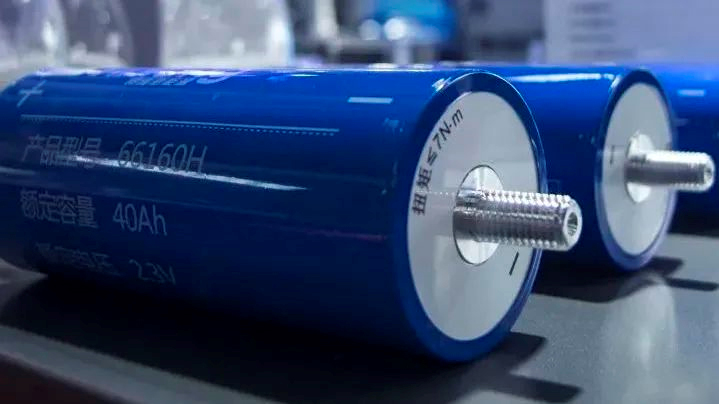Exploring Lithium Titanate Batteries: the Frontier of Modern Energy Storage
In today's era of rapid development of science and technology, energy storage technology plays an increasingly important role. Among them, lithium titanate battery, as a member of the lithium-ion battery family, has attracted much attention because of its unique performance and application prospects. This paper will deeply discuss the basic principle, technical characteristics, application fields and future development trend of lithium titanate batteries.

1. The basic principle of lithium titanate battery
The lithium titanate batteries uses lithium titanate (Li2TiO3) as the positive electrode material, lithium metal or carbon material as the negative electrode material, separated by the electrolyte conductive liquid, to achieve the charge and discharge process of lithium ions between the positive and negative electrode materials. Its working principle is similar to other lithium-ion batteries, but due to the difference in the positive electrode material, lithium titanate batteries perform better in high temperature environments.
2. Technical features and advantages
- Excellent high temperature performance: lithium titanate batteries can maintain high stability and performance in high temperature environments, suitable for applications in hot areas or high temperature working environments.
- Long cycle life: Compared with traditional lithium-ion batteries, lithium titanate batteries have a longer cycle life and can withstand more charge and discharge cycles.
- Fast charging capability: provides a high charging rate, supports fast charging and high power discharge, and is suitable for application scenarios that require fast charging.
3. Application field
- Electric vehicles: Lithium titanate batteries are widely used in the power battery system of electric vehicles due to their superior high temperature performance, improving the stability and safety of vehicles in high temperature areas.
- Energy storage system: In the field of energy storage, lithium titanate batteries can be used as a stable and efficient energy storage solution for frequency modulation, peak and valley filling and other grid support services.
- Portable devices: Due to its fast charging ability and high temperature stability, lithium titanate batteries are also widely used in portable devices, such as laptops, smartphones, etc.
4. Future development trend
With the continuous progress of technology and the expansion of application fields, lithium titanate batteries are expected to further develop in the following aspects:
Improve the energy density: improve the material design and process to improve the energy density of lithium titanate batteries to meet the needs of future electrification and energy storage systems for high energy density.
- Reduce costs: Find more cost-effective manufacturing processes and materials, reduce the production cost of lithium titanate batteries, and promote its application in the mass consumer electronics and energy storage markets.
- Improve safety and environmental protection: further improve the safety performance and environmental friendliness of batteries, and strengthen research on the recycling and reuse of battery materials.
Lithium titanate battery as an important part of modern energy storage technology, with its superior performance in high temperature environment and diversified application prospects, is gradually becoming the mainstream choice in the field of electric vehicles, energy storage systems and portable equipment. With the continuous innovation of technology and the expansion of application needs, lithium titanate batteries are expected to play an increasingly important role in the future energy revolution.

